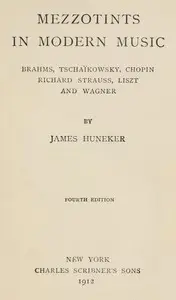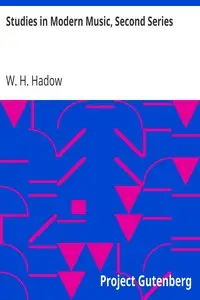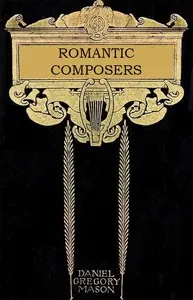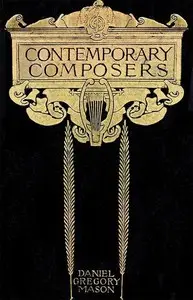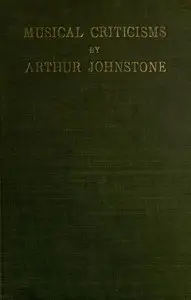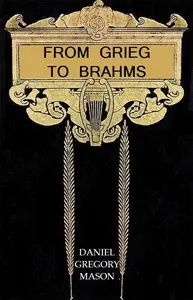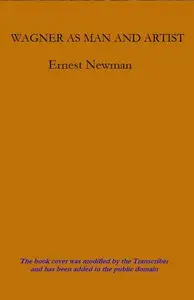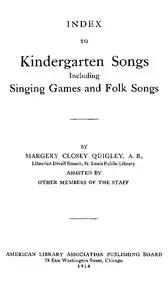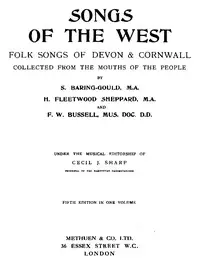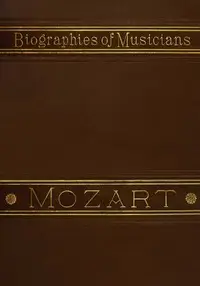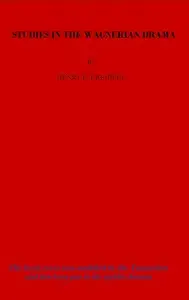"Musical Studies" by Ernest Newman is a collection of essays from the early 1900s that deeply studies different composers and musical ideas, especially looking at Hector Berlioz and Richard Strauss in the Romantic period. Newman looks at the history and lives of these composers to understand how musical ideas changed and what they meant to society. The book starts by explaining that the essays came from earlier articles. Newman talks about how people argued over Berlioz because he was so different and original. Newman wants readers to think carefully about how we understand music and how composers and audiences interact.
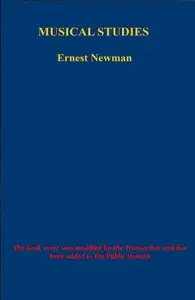
Musical Studies
By Ernest Newman
Discover the exciting yet complex debates defining music's most influential composers and their impact during the heart of the Romantic era.
Summary
About the AuthorErnest Newman was an English music critic and musicologist. Grove's Dictionary of Music and Musicians describes him as "the most celebrated British music critic in the first half of the 20th century." His style of criticism, aiming at intellectual objectivity in contrast to the more subjective approach of other critics, such as Neville Cardus, was reflected in his books on Richard Wagner, Hugo Wolf, Richard Strauss and others. He was music critic of The Sunday Times from 1920 until his death nearly forty years later. His other positions included chief music critic of The Birmingham Post from 1906 to 1919, as well as brief stints as the chief music critic for The Guardian (1905–1906) and The Observer (1919).
Ernest Newman was an English music critic and musicologist. Grove's Dictionary of Music and Musicians describes him as "the most celebrated British music critic in the first half of the 20th century." His style of criticism, aiming at intellectual objectivity in contrast to the more subjective approach of other critics, such as Neville Cardus, was reflected in his books on Richard Wagner, Hugo Wolf, Richard Strauss and others. He was music critic of The Sunday Times from 1920 until his death nearly forty years later. His other positions included chief music critic of The Birmingham Post from 1906 to 1919, as well as brief stints as the chief music critic for The Guardian (1905–1906) and The Observer (1919).

